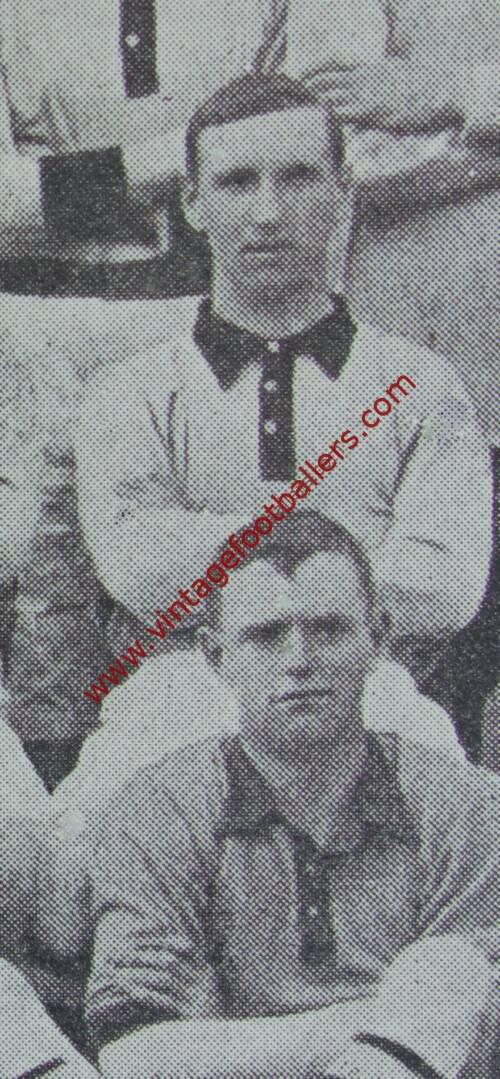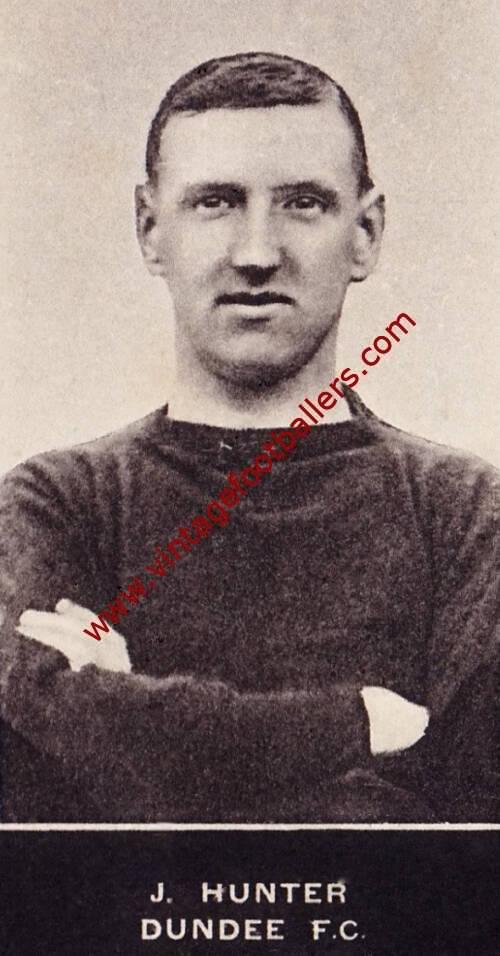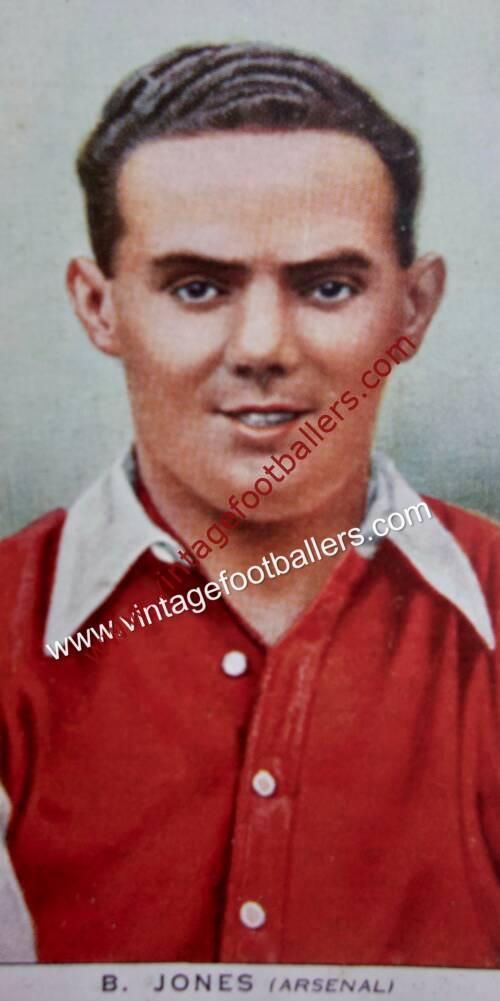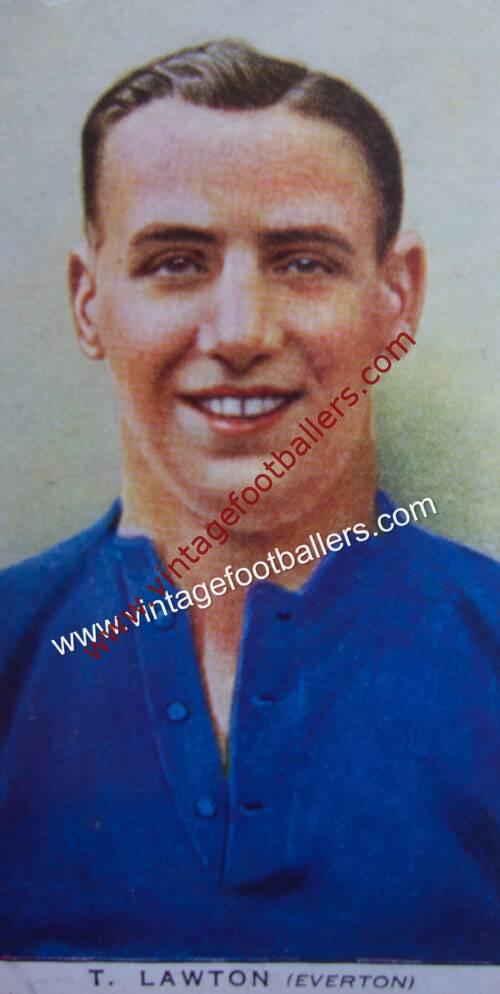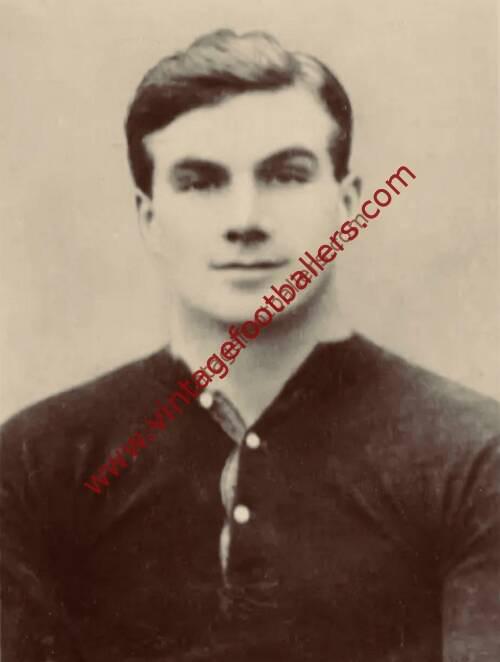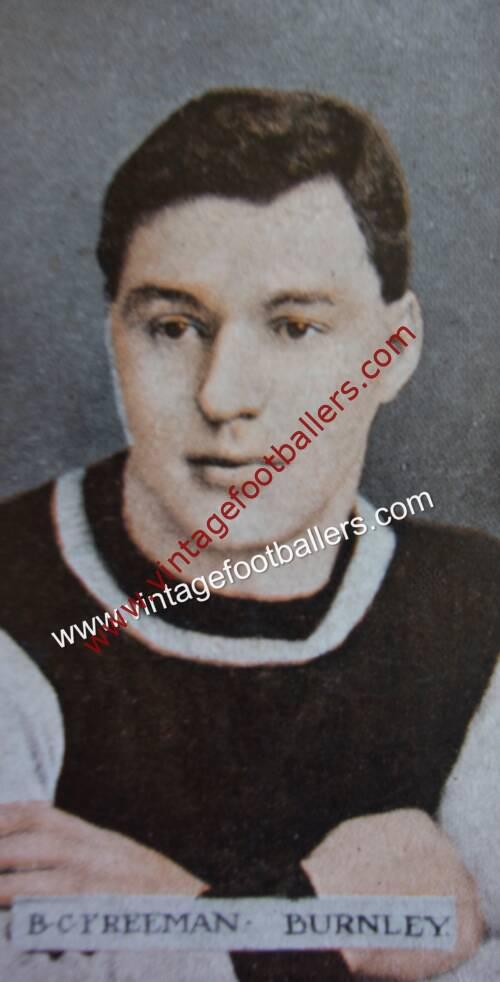Please choose your photo size from the drop down menu below.
If you wish your photo to be framed please select Yes.
Note: 16″x 20″not available in a frame.
Images can also be added to accessories. To order please follow these links
£8.95 – £49.95
Please choose your photo size from the drop down menu below.
If you wish your photo to be framed please select Yes.
Note: 16″x 20″not available in a frame.
Images can also be added to accessories. To order please follow these links
One of the greatest figures in the history of Motherwell Football Club, Johnstone, Renfrewshire born inside forward (who played in all three inside positions) John “Sailor” Hunter began his football career with junior club Westmarch in 1896, and at the age of 18 he signed for Abercorn in 1897, who had been relegated to Division Two the previous season. While Abercorn did not improve any during his time there – in his final season they finished bottom of the Second Division and thus bottom of the League – Hunter was duly signed by Liverpool in May 1899, making his Football League debut at Stoke the same September, scoring 7 goals in 24 appearances at centre forward in his debut season including a hat-trick in a 5-2 win over Glossop in December 1899.
He was part of the Liverpool squad that won their first ever League Championship in 1900-01, scoring 3 goals in 8 League appearances during the campaign, although very much cover for the likes of Sam Raybould, Charlie Satterthwaite and John Walker. A year later he moved back to Scotland, signing for Hearts for £300 in a joint transfer with Tom Robertson having scored 13 goals in 45 appearances for The Reds. At Tynecastle, he was part of the Hearts side that lost the 1903 Scottish Cup Final to Rangers, scoring 16 goals in 52 appearances for The Jambos.
In 1904 he joined Woolwich Arsenal in a £165 transfer for their first season in the First Division, scoring 4 goals in 22 appearances for them in 1904-05 before joining Portsmouth of the Southern League at the end of the season, enjoying two years at Fratton Park. It was when he joined Dundee in 1907, that he became a prolific goalscorer when he scored no less than 32 goals in 32 matches during 1908-09, and he earned his only cap for Scotland in a 3-2 defeat by Wales at Wrexham in March 1909. In the 1910 Scottish Cup Final Dundee were up against a strong Clyde team who had knocked out the Scottish champions Celtic 3-1 in the semi-final, and were 2-0 up in the Final with six minutes to play, when Hunter scored a goal to give Dundee hope. Two minutes later Dundee equalised. The first replay ended in a 0-0 draw but Dundee won the second replay 2-1, with Hunter scoring the winning goal. After 60 goals in 98 appearances for The Dark Blues, he signed for Clyde in September 1910, but injury forced him to retire six months later, without making an appearance for the club.
Two months later, in April 1911, Hunter was appointed secretary-manager at Motherwell at the age of 32. Motherwell had finished second bottom of Division One in the previous season, just above relegated Queens Park. Hunter would improve their position slightly in the following season, and the reserve side had won their League title. Motherwell improved steadily, although the First World War interrupted this progress. In 1916-17 Hunter gave a debut to young centre-forward Hughie Ferguson, who scored and followed it up with a hat-trick a week later against Dundee. Ferguson was Motherwell’s top scorer in every season he played at Fir Park, and to this day he remains Motherwell’s all-time top scorer.
For the next four seasons Motherwell never finished lower than fifth in the League, but over time financial restraints began to tell on the club; local unemployment was higher than it had ever been and crowds were down, and the club had to abandon their reserve team. Motherwell began to slip in the League and they finished the 1924-25 third from bottom, on the same points total as the two teams immediately below them, only Ferguson’s goals kept them up. The following season started off pretty well for Motherwell but in October Hughie Ferguson was sold to Cardiff City.
Hunter had a replacement for Ferguson in Willie MacFadyen, who would more than justify the managers faith in him. Motherwell finished fifth that season and for the next eight seasons they would not finish lower than third, with a League title in 1931-32. Hunter would remain as manager at Fir Park until 1946 when George Stevenson, inside left and playmaker of the team which won the Championship would take over. Sailor found it hard to leave Fir Park and remained as club secretary, being too unwell to attend their first Scottish Cup triumph in 1952, but he stayed until his retirement in 1959 at the age of 80, having spent 48 years at Fir Park in a variety of capacities. The club granted him a weekly pension upon his retirement.
NB in this heartwarming photograph, Sailor Hunter, far left, celebrates the Scottish Cup win the day after the Final in April 1952, with the Motherwell captain Willie Kilmarnock holding the Cup, Motherwell manager George Stevenson is obscured to Kilmarnock’s right. Hunter wasn’t well enough to attend the Final at Hampden Park so the club’s officials and directors brought the Cup to see him.
| Weight | N/A |
|---|
